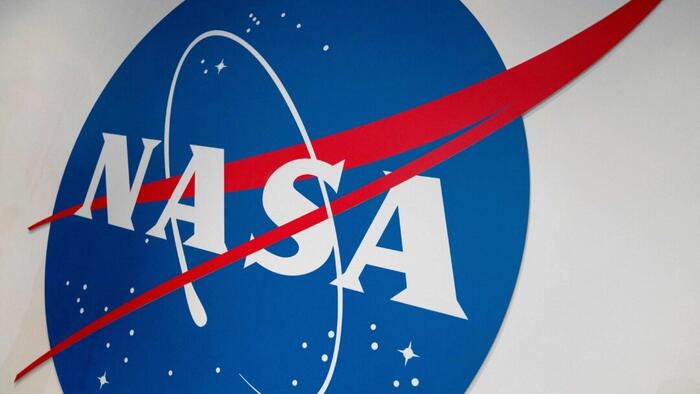On December 16, the University of Delaware reached a settlement with NASA concerning allegations of failing to adequately disclose ties between a university professor and the Chinese government. The issue arose from a NASA grant awarded to the university in 2020 aimed at establishing a research center focused on harnessing satellite technology for gathering crucial weather, climate, and ocean data to better understand the impacts of sea-level rise on American coastlines. The U.S. Attorney’s Office for the District of Delaware noted that the university had certified that grant funds would not be used in any manner involving collaboration or coordination with the People’s Republic of China. However, the university allegedly omitted information about lead researcher Xiao-Hai Yan’s significant connections to Chinese educational institutions and funding during the entire duration of the grant.
During the period from June 2020 to August 2023, Yan maintained a faculty position at Xiamen University, a major institution under China’s Ministry of Education. Notably, he continued to apply for and secure funding from the National Science Foundation of China and China’s State Oceanic Administration. Furthermore, Yan was involved with China’s Thousand Talents Program, which has become a focal point of national security and academic integrity concerns in the U.S. This program is designed to lure scientists from around the globe, providing them with generous financial incentives and research opportunities to contribute to China’s development, particularly in fields associated with economic and military advancement.
The University of Delaware has agreed to pay a total of $715,580 to resolve these allegations; however, it has not admitted to any wrongdoing. University spokespeople emphasized their pride in their compliance record in managing sponsored research and reiterated their commitment to ensuring responsible scientific inquiry. They highlighted that the university’s operations heavily rely on the openness and full disclosures from individuals involved in the grant application process. The representatives clarified that reaching this settlement was a tactical choice intended to avoid protracted and costly litigation rather than an acknowledgment of fault.
The settlement process represented a collaborative effort involving the U.S. Attorney’s Office for the District of Delaware and NASA’s Office of Inspector General. David Weiss, the U.S. Attorney for Delaware, pointed to the federal legal requirements mandating transparency regarding foreign affiliations in grant applications. This disclosure is essential for the granting agencies to evaluate the appropriateness and safety of funding such research, especially given the ongoing revelations about China’s recruitment initiatives, which pose risks of economic espionage and intellectual property theft.
The FBI has provided insights into how the Chinese government effectively utilizes various expert recruitment programs, particularly the Thousand Talents Program, to attract specialists from abroad who have access to essential research and proprietary technological advancements. Reports suggest that the Chinese government operates over 200 similar programs and that many U.S. taxpayers inadvertently fund some of these initiatives. A Senate subcommittee report from 2019 outlined numerous instances of misconduct associated with the Thousand Talents Program, including unauthorized downloads of sensitive research data, falsehoods in U.S. grant applications, and a lack of disclosure regarding Beijing’s funding.
In recent years, high-profile cases have drawn significant attention to the risks associated with these programs. One prominent example is Xiang Haitao, a former Monsanto researcher who, after being a participant in the Thousand Talents Program, was apprehended upon returning to America from China—accused of using sensitive U.S. technology for agricultural improvements. In 2022, Xiang was sentenced to nearly two-and-a-half years in prison, plus additional supervised release and a financial penalty. Another notable case was that of Charles Lieber, who formerly chaired the chemistry department at Harvard University. Lieber was charged with lying to federal authorities about his participation in the Thousand Talents Program and his undisclosed connections to a Chinese university, leading to a brief jail stint and financial fines. These instances emphasize ongoing scrutiny related to foreign influence and the integrity of research within U.S. institutions, showcasing the critical need for universities to maintain transparency in their dealings to prevent potential national security threats.

